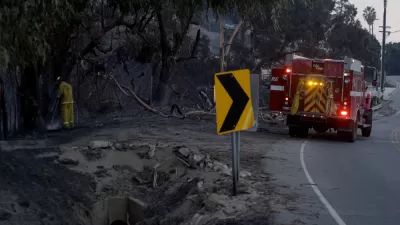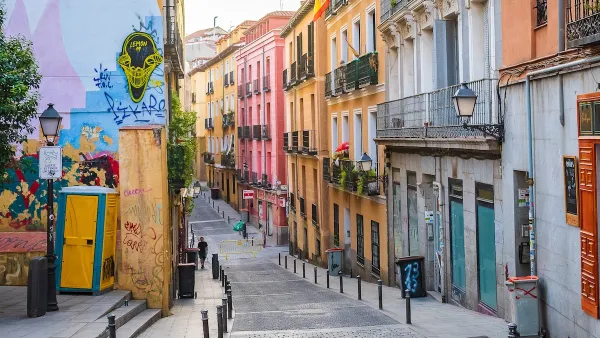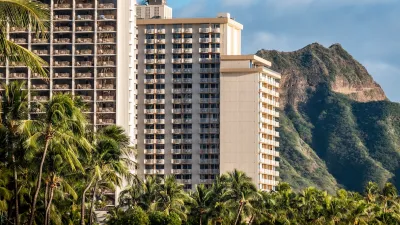An analysis of Airbnb properties across the state shows that despite the high fire risk in many parts of the state, the company and hosts frequently don’t provide adequate warning and evacuation instructions to guests.

“Across California, thousands of short-term Airbnb rentals operate in the state’s most hazardous fire zones, but the company does not provide warnings or evacuation information to guests when they make a reservation, a Los Angeles Times analysis has found.”
According to an article by Ben Poston and Alex Wigglesworth, “More than 23,000 California Airbnb listings were in wildfire-prone areas in January, accounting for about 20% of the company’s short-term rentals in the state, The Times’ analysis shows.” Yet “The Airbnb website doesn’t routinely alert customers when properties are in a wildfire hazard zone. Many rental hosts ban smoking, fireworks, charcoal grills or campfires but don’t specifically mention wildfire risks.” Moreover, “Some customers say the company’s policies actually incentivize people to travel to areas near active wildfires, potentially clogging evacuation routes and burdening emergency responders.”
Some cities are taking action to implement stricter regulations for short-term rental hosts. In Malibu, “Hosts are now required to post a code of conduct in rental units telling guests the city is located entirely within the highest fire hazard area. It also tells renters which evacuation zone the property is in, and lists a city website that provides evacuation information.” In Truckee, “Short-term rental operators must post an evacuation map on-site, as well as a flier that notifies guests they’re staying in a high-risk area for fire and tells them how to sign up for emergency alerts,” and rental properties face mandatory inspections every three years.
FULL STORY: In California’s high-risk fire country, Airbnb offers guests no warning or escape plan

Montreal Mall to Become 6,000 Housing Units
Place Versailles will be transformed into a mixed-use complex over the next 25 years.

Planetizen Federal Action Tracker
A weekly monitor of how Trump’s orders and actions are impacting planners and planning in America.

DARTSpace Platform Streamlines Dallas TOD Application Process
The Dallas transit agency hopes a shorter permitting timeline will boost transit-oriented development around rail stations.

Without International Immigrants, the Rural US Population Would Be Falling 58%
Census data shows that population growth in rural areas is due in large part to international migrants.

Dead End: Nine Highways Ready for Retirement
The Freeways Without Futures report describes the nation’s most promising highway removal proposals.

Congressman Proposes Bill to Rename DC Metro “Trump Train”
The Make Autorail Great Again Act would withhold federal funding to the system until the Washington Metropolitan Area Transit Authority (WMATA), rebrands as the Washington Metropolitan Authority for Greater Access (WMAGA).
Urban Design for Planners 1: Software Tools
This six-course series explores essential urban design concepts using open source software and equips planners with the tools they need to participate fully in the urban design process.
Planning for Universal Design
Learn the tools for implementing Universal Design in planning regulations.
City of Mt Shasta
City of Camden Redevelopment Agency
City of Astoria
Transportation Research & Education Center (TREC) at Portland State University
City of Camden Redevelopment Agency
Municipality of Princeton (NJ)
Regional Transportation Commission of Southern Nevada




























